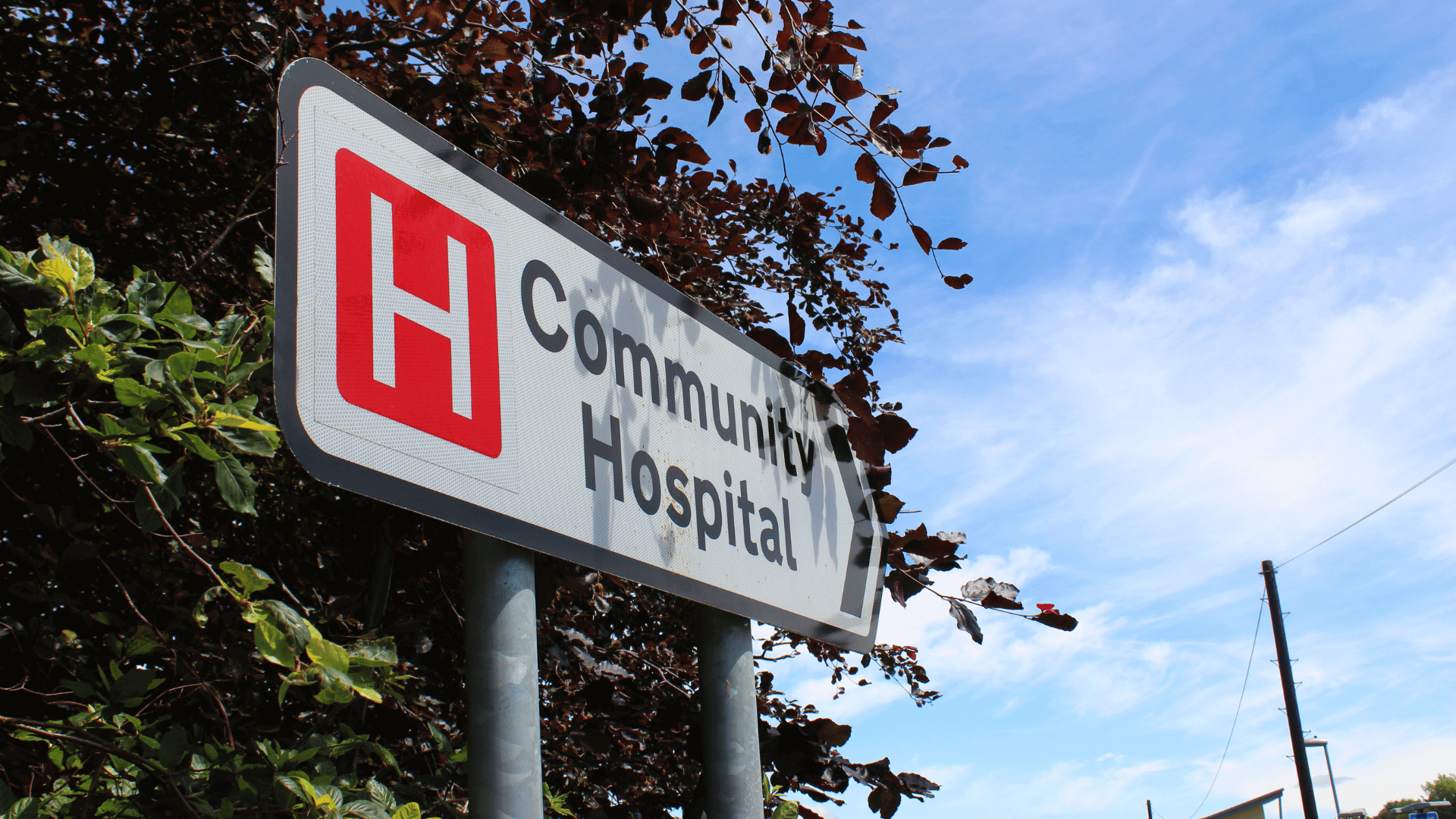
PESP releases new sweeping report on PE in rural healthcare
January 25, 2023
Private Equity Descends on Rural Healthcare
Sweeping new report provides unprecedented look at private equity investment in rural healthcare
A new report by the Private Equity Stakeholder Project (PESP), “Private Equity Descends on Rural Healthcare,” provides an unprecedented look at the private equity industry’s incursion into rural healthcare. The findings were led by PESP healthcare researchers Eileen O’Grady, Michael Fenne, and Mary Bugbee.
“Healthcare systems in America’s rural communities are experiencing an escalating crisis,” said O’Grady, PESP Healthcare Director. “Rural hospitals are closing at a dangerous rate. Chronic staffing shortages plague providers, and the health of people living in rural areas is, by most measures, significantly worse than in non-rural areas. Despite these challenges, private equity appears to still find opportunities to profit off this struggling industry, thereby adding to the strife.”
This sweeping survey examines the extent to which private equity (PE) has invested in rural health, as well as key financial drivers of significant investment activity in this uniquely distressed part of our health system. The new report also examines case studies of PE-owned companies in several rural healthcare sectors that highlight some of the risks posed by private equity’s incursion into rural healthcare.
PESP shares previously unreported data revealing that private equity firms own at least 130 rural hospitals. The private equity firms that dominate the list include Apollo Global Management (LifePoint Health, Scion Health), GoldenTree Asset Management and Davidson Kempner (Quorum Health), and Equity Group Investments (Ardent Health Services).
Similar to private equity’s involvement in other sectors of the healthcare industry, quality of service at PE-owned hospitals can be questionable. “A series of case studies in this report reveals a range of quality issues,” O’Grady added. “Even with substantial financial assistance received during the pandemic, three of the six rural hospitals that closed in 2021 and 2022 were PE-owned.”
In addition to traditional hospital ownership, the PESP report lays bare a new tactic utilized by private equity firms to extract additional value from hospitals they own. By creating separate hospital management companies, these firms have provided themselves new avenues to harvest profits from both nonprofit and public healthcare providers, entities that historically would have not given high returns for their ownership.
“This report includes truly expansive analysis on private equity’s interest and sustained investment in rural healthcare,” O’Grady said. “Private equity’s influence extends far beyond the hospitals they own. In addition to providing a list of PE-owned rural healthcare companies across a variety of specialties, our research digs into several key sectors including emergency care and transport, travel nursing, and behavioral health.”
Finally, the report analyzes the potential motives of PE investment in rural health and proposes policy recommendations to ensure that private equity cannot exploit rural health providers at the cost of quality of care. Some of PESP’s policy recommendations include:
- Increasing oversight over changes in hospital ownership
- Placing limits on sale-leaseback transactions
- Passing the Travel Nursing Agency Transparency Study Act
- Holding private equity firms accountable for Medicare/Medicaid fraud by portfolio companies
- Increasing public investment in rural health initiatives
You can view the full report by the PESP healthcare research team HERE.
A high resolution version of the report is available here.
About the Private Equity Stakeholder Project
The Private Equity Stakeholder Project is a nonprofit organization with a mission to identify, engage, and connect stakeholders affected by private equity with the goal of engaging investors and empowering communities, working families, and others impacted by private equity investments. You can find more information about PESP’s healthcare work by visiting pestakeholder.org/issues/healthcare.
